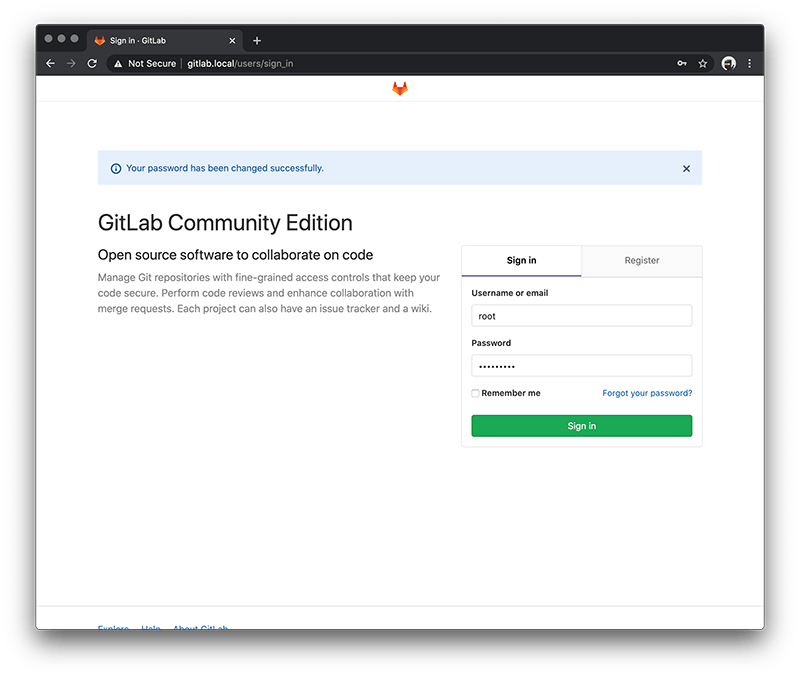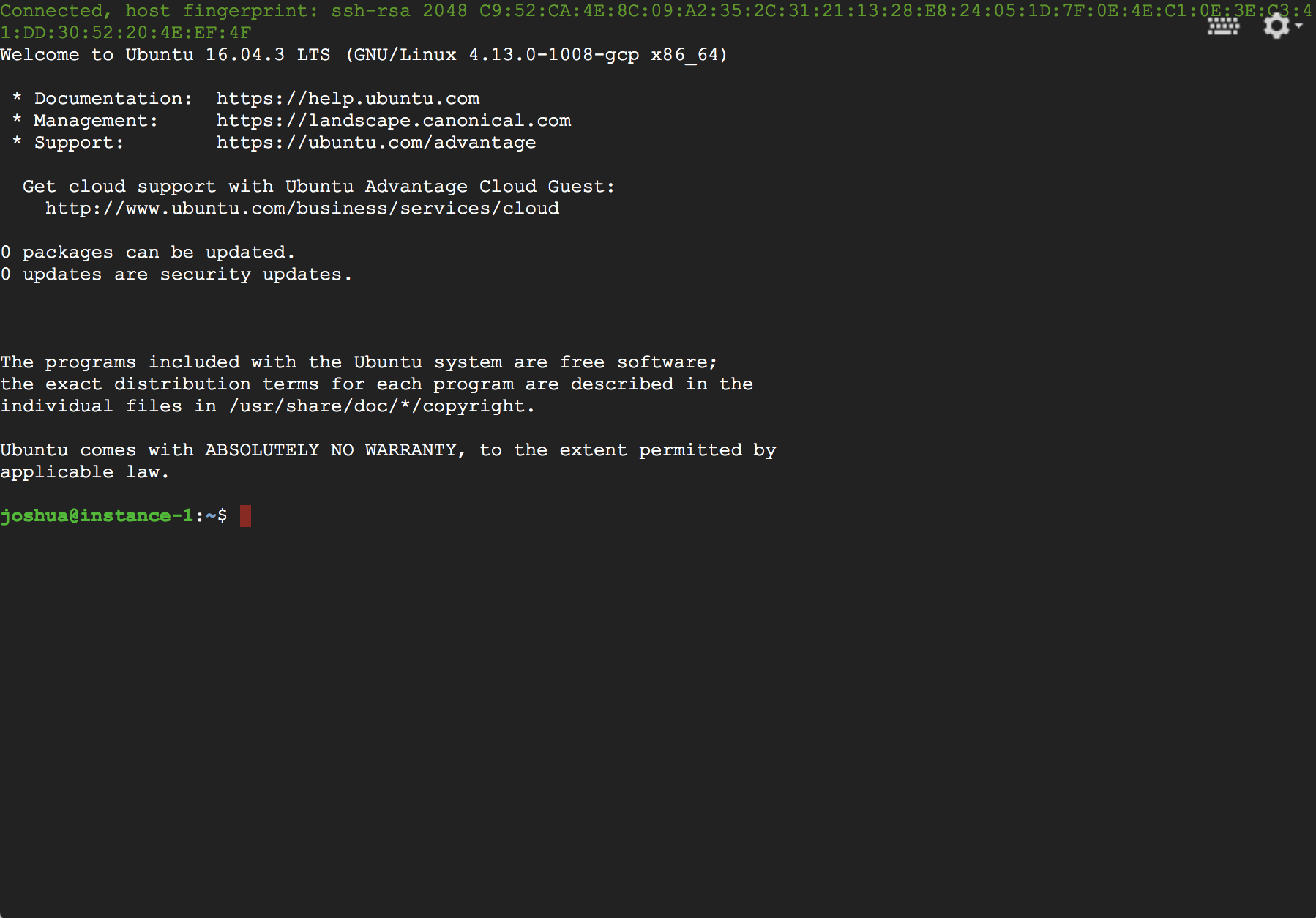

- #How to install gitlab how to#
- #How to install gitlab update#
- #How to install gitlab code#
- #How to install gitlab password#
- #How to install gitlab free#
It can be hosted in our own server though it also provides free repository hosting in its official server which is similar to Github. Creating, reviewing and deploying codes is very easy, managed and fast with GitLab.
#How to install gitlab code#
It is a web based Git repository managing application which includes features like code reviews, wikis, issue tracking, continuous integration and deployment pipeline and more. GitLab is an awesome development in the field of git and distributed version control system. Git was first developed by Linus Torvalds who was also the founder of well-known Linux Kernel. Git is a free and open source software that is designed to handle everything from small to very large projects with ease and speed. There you can create new users and configure your gitlab instance.Īnd that’s it, GitLab has been successfully installed and running on your Debian 10 server, you and your team can start working with it now.Distributed version control was never easy before git.

There are some recommended configuration steps to apply in your instance.Īlso, you can access the admin page on the Menu at the top and then Admin.
#How to install gitlab password#
You just need to copy this password and fill on the gitlab page with the user root.Īnd we are done, you successfully installed your gitlab community instance and can use it with your custom hostname as shown below:Īnd your installation is done, you can use your gitlab normally. You can get the admin default password on the following file ( /etc/gitlab/initial_root_password) as shown below: When you first access it a username and password will be requested. Once the installation finishes, your instance will be up and running and you can access it by typing your hostname. Letsencrypt = "*/7"Īfter editing and saving this file, run this command to reconfigure the gitlab instance: gitlab-ctl reconfigure

Letsencrypt = # This should be an array of email addresses to add as contactsĪlso, if you want to auto renew this SSL certificate, please edit the following sentences to match this, on the same file: letsencrypt = 3 Please edit the Let’s Encrypt section from the file /etc/gitlab/gitlab.rb to match the following: letsencrypt = true Make sure to change the EXTERNAL_URL=”” to match your subdomain.īefore we proceed with all, you’ll need to enable Let’s Encrypt on your gitlab instance. When you choose your subdomain, you need to run the following command on your SSH session to install the gitlab: sudo EXTERNAL_URL="" apt install gitlab-ce It just needs to be pointed and propagated to your VPS, because we’ll require this propagation to install the SSL and access our instance later. You can use gitlab.yourdomain or whatever subdomain do you want. On this step, please consider pointing one domain or subdomain to your VPS server. With this package added, we need to install the gitlab instance on our domain. Then, with all dependencies installed, we’ll need only to add the package from Gitlab on your server with the following command: curl | sudo bash You can take a look at our PostFix installation guide. If additional screens appear, continue to press enter to accept the defaults. Use your server’s external DNS for ‘mail name’ and press enter. apt-get install postfix -yĭuring Postfix installation a configuration screen may appear. If you want to use another solution to send emails please skip this step and configure an external SMTP server after GitLab has been installed. Next, we need to install postfix, it will be responsible for the email sending from the application. Sudo apt -y install curl vim openssh-server ca-certificates
#How to install gitlab update#
ssh we need to stop the apache2 service if it’s up and running, by disabling and deactivating it permanently since our GitLab will install Nginx: systemctl stop apache2Īfter removing them, we’ll proceed with the system update and installation of the dependencies.
#How to install gitlab how to#
In this tutorial, we’ll show you how to self-host a GitLab Instance using Debian 10.


 0 kommentar(er)
0 kommentar(er)
